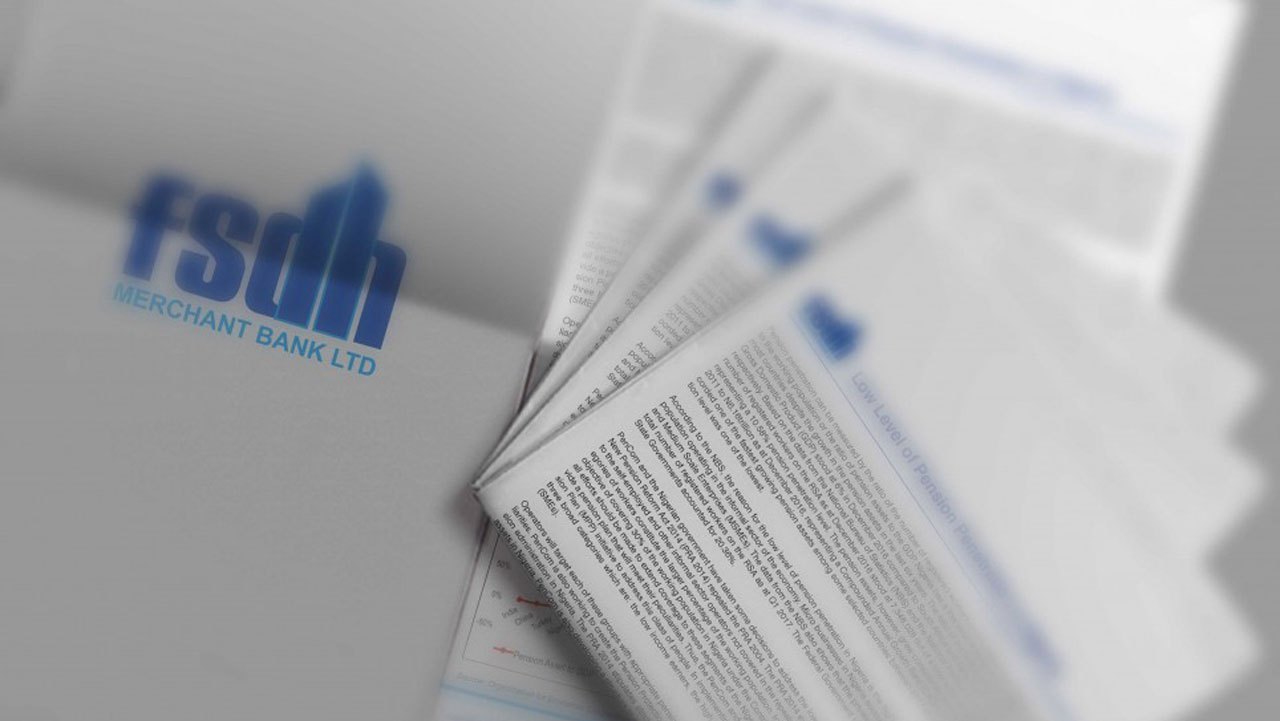
Besides, the indications of severe weather events in 2019 has raised the possibility of large swings in international food prices, a development that may distort price stability and increased imported inflation.
The unsavoury expectations may be exacerbated by the U.S. Federal Reserve rate hike, already planned for execution three times in 2019, to a range of three to 3.25 per cent, leading to capital flow reversal.
The Head, Research at FSDH Merchant Bank, Ayodele Akinwunmi, during the presentation of the lender’s Economic and Financial Markets Outlook 2019-2021, said the situation may not only affect the reserves and inflation, but also the exchange rate.
Akinwunmi said the bank’s research showed that rate cut may not be possible in the near term, as the Central Bank of Nigeria is currently battling with policy options to counter the negative impacts of these developments.
According to him, the increase in the interest rate in the international financial market may lead to higher interest expense than usual on government’s new foreign borrowings.
Already, the nation’s oil production quota has been reduced to 1.6 million barrels per day (bpd), leaving a shortage of 700,000 bpd in the budget benchmark, while price is forecast to average $60 per barrel in 2019, lower than 2018.
“A significant decline in crude oil price will have negative fiscal and monetary implications for the Nigerian economy. The OPEC production cut may reduce the Nigerian government’s revenue if crude oil price does not rise to compensate the output cut. This will increase fiscal deficit, also put pressure on exchange rate, inflation rate and interest rates.
“Nigeria must implement policies that will diversify the Nigerian economy, create sustainable foreign exchange stability and assist in lifting aggregate demand in the domestic economy.
“Investment in critical infrastructure will grow the key sectors of the economy and allow for stronger buffers against external shocks. It is also important to invest in human capital, quality education and healthcare to increase productivity in the country.
“Tight monetary policy in the form of increase in the yields on government securities will be appropriate and adjustment in the value of the exchange rate towards N390/$,” he said.
[ad unit=2]






